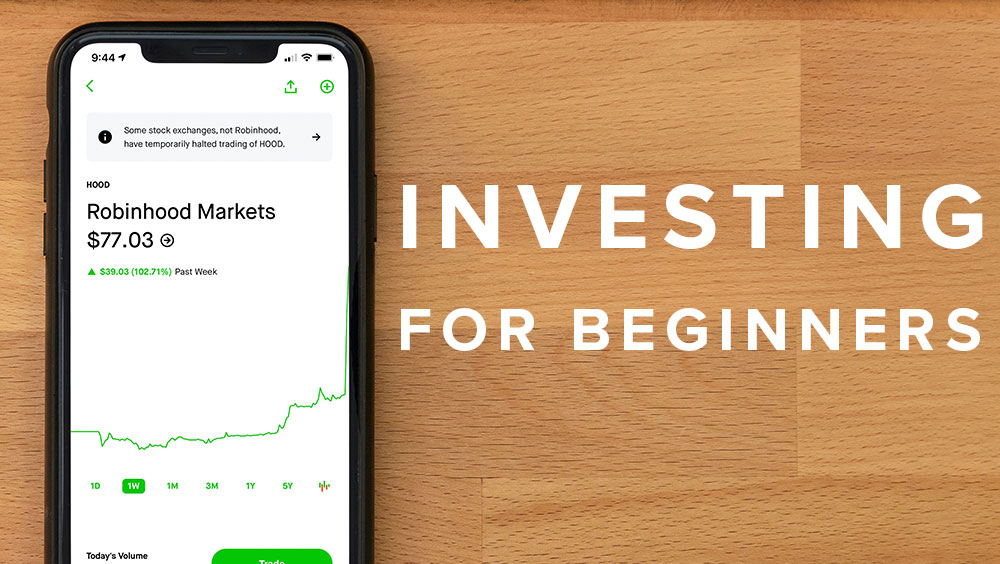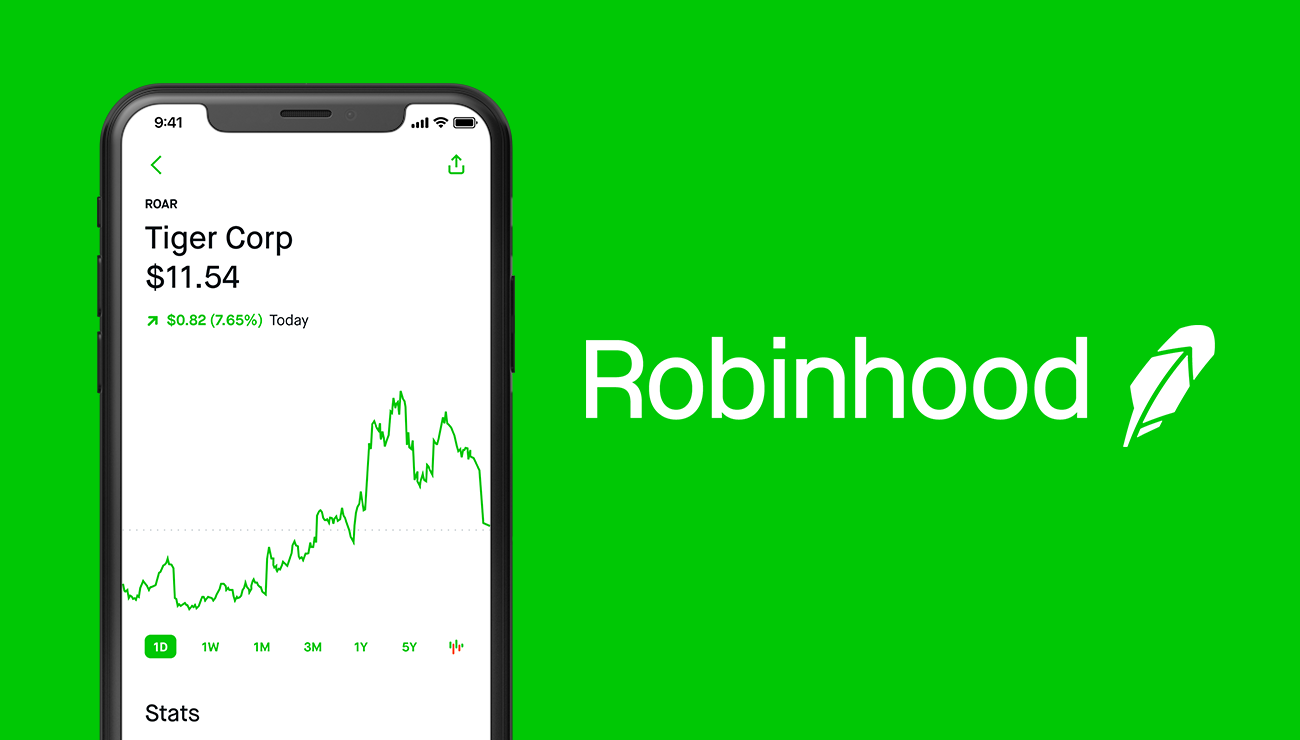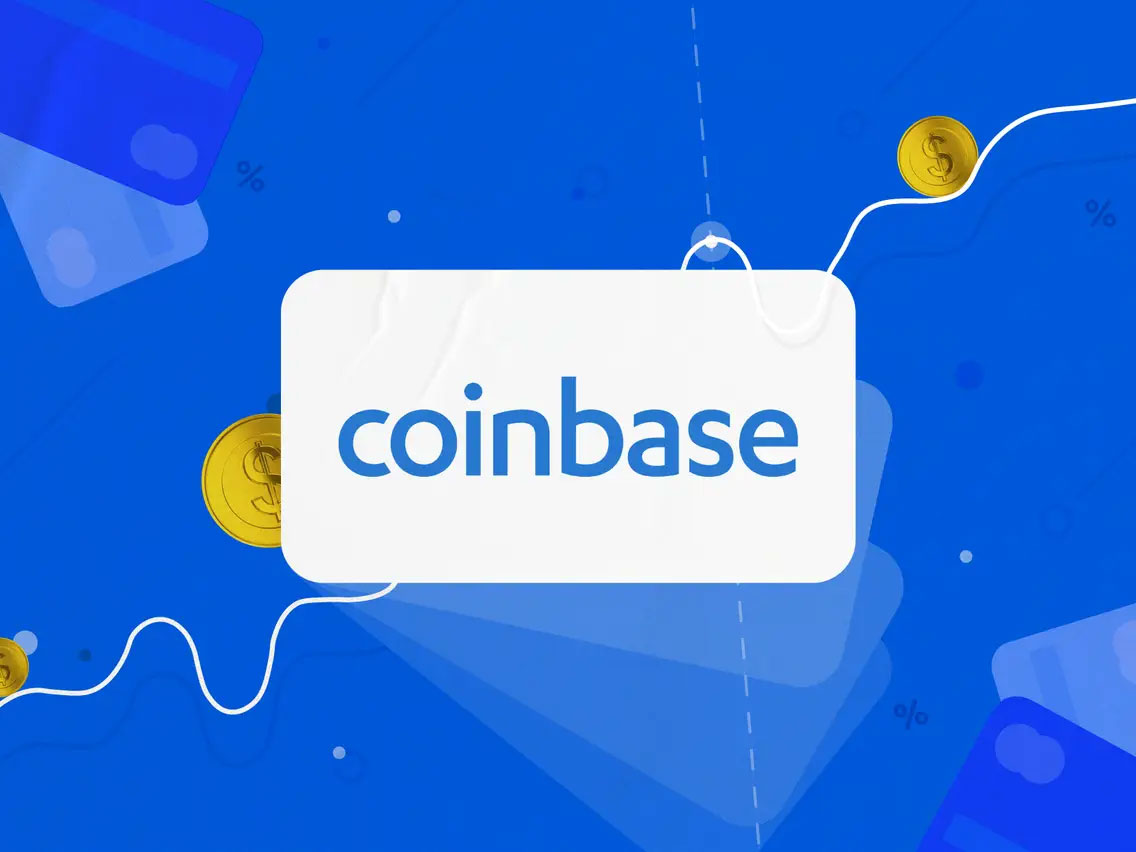
Managing your own investments can be a great way to take control of your finances and get a practical education in the markets where you invest. Stocks, bonds, commodities, and even crypto can be managed fairly easily through various online platforms, but some are definitely better than others. These are some of the best.
Self-Serve Day Trading Platforms

At-home trading in equity and debt really took off in the 1990s, but it wasn't until the 2000s that beginner-friendly platforms got to break-out status. TD Ameritrade and E-Trade are the giants here, with very generous learning curves and lots of tools for tracking and managing your trades. More recently, apps like RobinHood have taken off, though that one's growth was somewhat hobbled by the incident in 2021, when the platform suspended buy orders on GameStop in an apparent effort to edge the stock's price downward. Unless you're investing in something as hot as that, however, you're probably fine as a beginner learning RH's tools.
Less-Conventional Investment Platforms

Stocks and bonds are fine for most of your portfolio, but the game isn't fun without the excitement of alternative investment instruments. In today's market, that usually means crypto or foreign currency. For crypto, beginners basically can't do better than Coinbase. Instead of trying to run your own independent crypto wallet, Coinbase acts as a one-stop shop for buying, trading, and selling dozens of the most popular currencies. You can even buy Bitcoin on margin, if you don't mind the $10,000 initial stake it takes to borrow against your equity. The downside is verification. In order to comply with U.S. law, Coinbase has to collect an awful lot of information about your bank account, and getting verified can take a few days.
